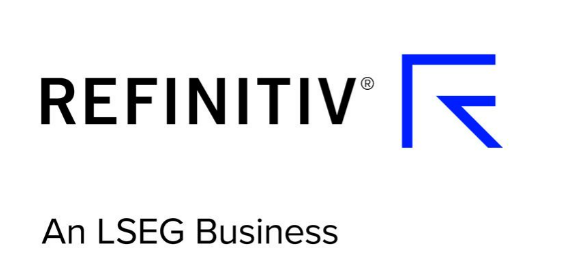AIM (Alternative Investment Market)
A sub-market of the London Stock Exchange containing smaller, growing companies which are considered riskier than their main market peers.
Asset class
A type of investment, such as shares, bonds or cash.
Asset allocation
The percentage of your portfolio that is in each asset class – for example, 80% equities and 20% bonds.
Bear market
A sustained period of share price falls. It is generally accepted that a fall of 20% or more in an index over a period of two months constitutes a bear market.
Bonds
IOUs issued by governments or businesses when they want to raise money. They offer guaranteed returns over a fixed period.
Bull market
A sustained period of share price rises. A bull market is said to be underway when stock prices rise by 20%, usually after a bear market (see definition). There is no agreed timeframe for a bull market but the longest recent bull market began at the end of the 1980-82 recession and continued until the dot.com bust in 2000.
Buy and hold
Buying investments and holding on to them for the long term, irrespective of how the stock market is behaving.
Capital gains tax
A tax paid on profits made from selling investments like shares and funds.
Compounding
The process by which the returns generated on an initial investment are increased by the returns on the accumulated interest and reinvested earnings over time.
Diversification
Spreading your money across lots of different investments.
Drip-feeding
Investing money regularly rather than in lump sums.
Equity fund
A fund which invests in a range of companies, sometimes spread across different countries, regions and industries, on investors’ behalf.
ETF (Exchange-traded fund)
An investment fund that tracks an index passively but is traded on the stock market and can be bought and sold in the same way as an individual share.
FTSE (Financial Times Stock Exchange) 100 Index
Also known as the Footsie, it is an index, or average, of the share price performances of the 100 largest, and most actively traded, companies on the London Stock Exchange.
FTSE (Financial Times Stock Exchange) 250 Index
An index, or average, of the share price performances of the 101st to 350th largest companies listed on the London Stock Exchange.
FTSE (Financial Times Stock Exchange) All-Share Index
An index, or average, of the share price performances of all the companies traded on the London Stock Exchange (around 1,000 in total). Generally considered the best performance measure of the London equity market.
Fund Supermarket
A platform which offers investors access to a range of funds.
Growth investing
An investment strategy where investors invest in companies that have the potential to increase earnings at an above-average rate.
Income investing
An investment strategy where investors buy investments that are designed to produce a steady income stream.
ISAs
Or Individual Savings Accounts, offer tax-free returns on investments up to an annual limit (currently £20,000). Cash ISAs operate as savings accounts; stocks and shares ISAs allow you to invest in shares, funds, exchange-traded funds and investment trusts.
Leverage
Leverage is the use of debt to buy more assets and improve investment returns. A leveraged ETF, for example, uses debt and financial derivatives with a view to greatly increasing returns.
Pension income drawdown
A way of taking money from your pension pot to live on in retirement as you need it, while keeping the rest of your pensions savings invested.
Portfolio rebalancing
Buying or selling assets to maintain your original desired level of asset allocation.
Pound-cost averaging
A technique where you make investments on a regular basis in an attempt to reduce exposure to falling markets.
Public limited company
A company whose shares are traded publicly on a stock exchange and can be bought and sold by any investor.
Recency bias
Putting too much emphasis on recent events at the expense of longer-term trends.
Share Incentive Scheme
A scheme in which an employee is offered shares in the company they work for as part of their incentive package.
Stock market index
An index, or average, of the price performances of a particular group of stocks. An index tracks and measures the performance of a sector or market over time.
Tax wrapper
An investment structure which is designed to help savers invest while also being tax efficient. Examples include individual savings accounts (ISAs) and pensions.
Unit trust
A type of investment fund that enables you to pool your money with that of many other investors. A fund manager then makes investments on your behalf.


